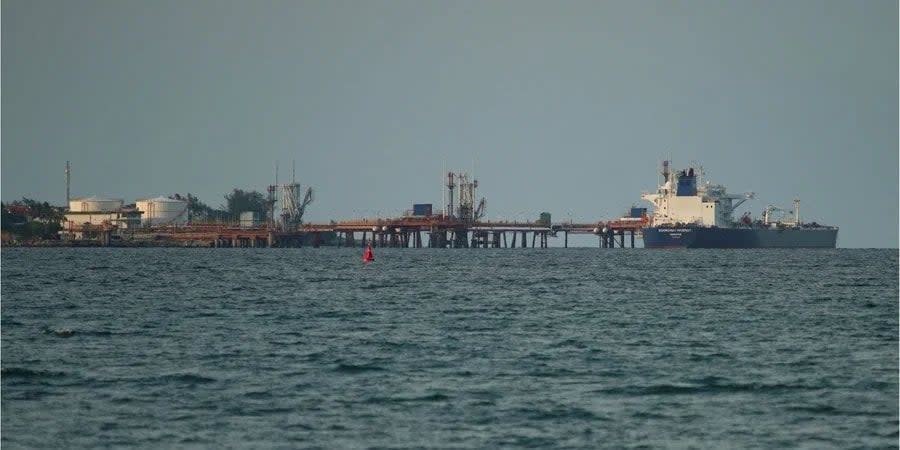Russia’s oil revenues above pre-war levels — report

Moscow’s monthly income from oil exports is now greater than it was before the invasion of Ukraine, Bloomberg reported on Dec. 6.
Read also: US aims to halve Russia’s oil and gas revenues by 2030
Journalists noted that the $60 per barrel price cap on Russian oil, imposed as part of G7 sanctions a year ago, has paradoxically contributed to a profitable business for "dozens of traders and shipping companies" that are difficult to track. More than 45% of Russian oil was transported with the help of Russia's "shadow fleet," the report added.
According to the article, in 2023, ships from Greece transported more Russian oil than any other country except Russia itself. They accounted for 20% of all oil shipments from Russia this year. Reporters assert that the role of this "shadow fleet" is only increasing.
“Sanctions are well intentioned; but the fact is they have ultimately led to a large fleet of aging tankers operating outside the reach of Western regulators, presumably with subpar insurance,” said Ben Cahill, a senior fellow at the Center for Strategic and International Studies.
Read also: EC proposes ban on oil tanker sales to Russia to thwart sanctions busting
Bloomberg data shows that Russia's net income from oil in October amounted to $11.3 billion, which is 31% of the country’s monthly state budget revenue. This marks the highest figure since May 2022 and the largest sum for oil exports in any month prior to the full-scale invasion of Ukraine, the journalists added.
Read also: Tensions rise after attempted drone attack on oil facility in occupied Crimea
According to official Indian customs data, in 2023, Russian oil cost approximately $72 per barrel by the time it reached India (India and China are currently the main countries importing Russian oil). The Kyiv School of Economics' KSE Institute data indicates this is $12 more than the export point price in Russia.
The U.S. Treasury Department expressed its intent to make oil transportation more problematic for Moscow. Amos Hochstein, President Joe Biden’s energy security adviser, noted that the United States is taking steps to ensure that Russia's oil revenues decline.
We’re bringing the voice of Ukraine to the world. Support us with a one-time donation, or become a Patron!
Read the original article on The New Voice of Ukraine

